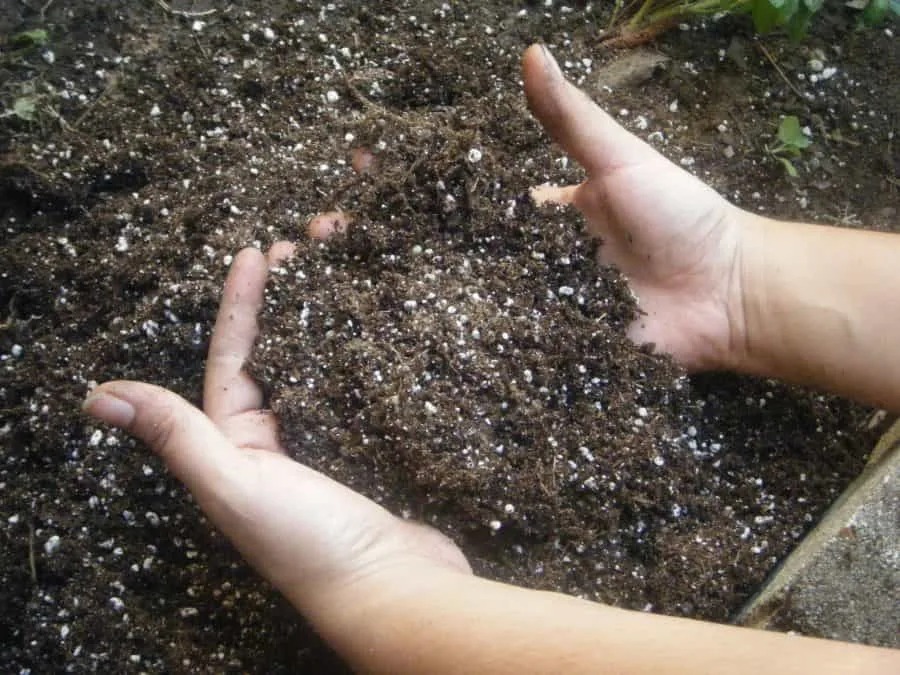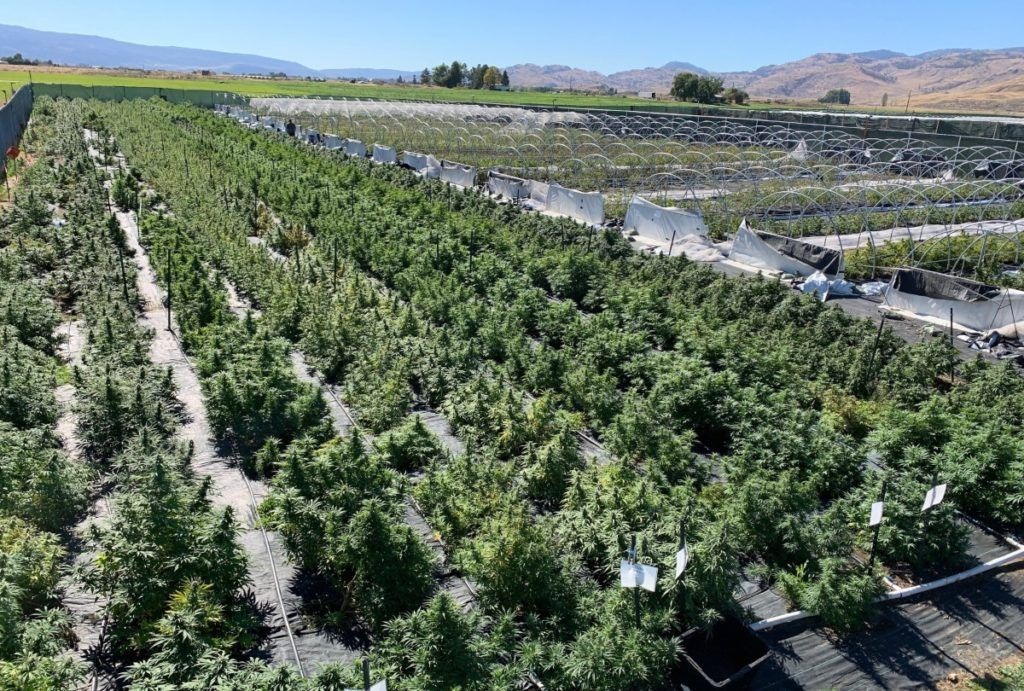Cannabis farming in Canada has experienced significant growth over the past few years, and with the increasing popularity of cannabis products, many farmers are seeking ways to produce high-quality crops in an eco-friendly and sustainable manner. Organic cannabis farming, which avoids the use of synthetic chemicals and fertilizers, has become a preferred method for many growers. This farming technique focuses on enriching the soil naturally, promoting plant health through biological processes, and ensuring the purity of the product for consumers. In this blog, we’ll explore how to grow cannabis organically in Canada, the benefits of organic farming, and the steps you can take to implement organic practices on your cannabis farm.
Why Choose Organic Cannabis Farming?
Organic farming is more than just a trend—it’s a conscious choice for farmers who want to produce crops that are healthier for both the environment and consumers. Organic cannabis farming follows the principles of sustainable agriculture, which include:
- No Synthetic Pesticides or Herbicides: Organic farmers avoid harmful chemicals that could negatively impact the environment and health of the consumer. This practice promotes biodiversity and encourages the use of natural pest control methods.
- Soil Health: One of the core principles of organic farming is building healthy, fertile soil. Through composting, crop rotation, and the use of organic fertilizers, farmers can create a thriving ecosystem that supports healthy cannabis plants.
- Sustainability: Organic farming focuses on long-term sustainability by reducing carbon footprints, conserving water, and ensuring that the land can continue producing healthy crops year after year.
When it comes to cannabis, organic farming can make a significant difference. Many consumers are increasingly concerned about what goes into their cannabis products, and they appreciate knowing that their products were grown without harmful chemicals. This is particularly true for medical cannabis patients who rely on purity for their health and wellbeing.
The Challenges of Organic Cannabis Farming
Although organic cannabis farming offers numerous benefits, it’s not without its challenges. For many Canadian farmers, switching from conventional farming methods to organic practices can feel overwhelming. Here are some of the primary challenges faced by organic cannabis growers:
- Pest and Disease Control: Without chemical pesticides, controlling pests and diseases can be more challenging. Organic farmers must rely on integrated pest management (IPM) techniques, which include natural predators, companion planting, and organic-approved sprays.
- Soil Fertility Management: Organic cannabis farming requires careful soil management. Without synthetic fertilizers, farmers must rely on compost, manure, and other organic materials to keep their soil nutrient-rich and balanced.
- Regulatory Compliance: Organic cannabis farming in Canada must adhere to strict regulations set by organizations like the Canadian Food Inspection Agency (CFIA). Ensuring compliance with these regulations can add a layer of complexity to the farming process.
Despite these challenges, many farmers find organic cannabis farming to be incredibly rewarding. By following the right practices and leveraging the natural environment, they can produce high-quality cannabis that’s both environmentally friendly and free from harmful chemicals.
Steps to Grow Organic Cannabis in Canada
Growing cannabis organically requires dedication, patience, and a solid understanding of the principles of organic farming. If you’re considering starting an organic cannabis farm in Canada, here are the key steps you need to follow:
1. Choose the Right Soil
The foundation of any successful organic farm is healthy, fertile soil. In organic cannabis farming, soil health is a top priority. The soil must be nutrient-rich, well-draining, and capable of supporting robust plant growth. Start by testing the pH and nutrient levels of your soil. The ideal pH for cannabis is typically between 6.0 and 7.0, which is slightly acidic to neutral.

For organic cannabis farming, compost, organic matter, and well-aged manure are essential to improving soil fertility. These natural amendments will add vital nutrients like nitrogen, phosphorus, and potassium while enriching the microbial life in the soil. Healthy soil microbes help break down organic matter, making nutrients more available to the cannabis plants.
2. Implement Crop Rotation and Companion Planting
Crop rotation and companion planting are both important techniques in organic farming. Crop rotation involves alternating the types of crops you grow in each section of your field to prevent nutrient depletion and reduce the risk of pests and diseases. For example, you might alternate cannabis with nitrogen-fixing plants like legumes, which help replenish soil nitrogen levels.
Companion planting involves growing certain plants alongside your cannabis to repel pests, promote growth, and improve soil health. For example, planting marigolds or basil near cannabis can help deter harmful insects, while providing a beneficial environment for your cannabis plants.
3. Control Pests and Diseases Naturally
One of the biggest concerns with organic cannabis farming is pest and disease management. Without chemical pesticides, you’ll need to employ natural, sustainable methods to keep your cannabis plants healthy. Integrated pest management (IPM) is a holistic approach that involves a variety of strategies:
- Beneficial Insects: Introducing beneficial insects like ladybugs, predatory mites, or nematodes can help control harmful pests naturally.
- Neem Oil and Diatomaceous Earth: Organic-approved sprays like neem oil can help prevent pest infestations, while diatomaceous earth can act as a physical barrier to insects.
- Manual Removal: Regularly inspect your plants and manually remove pests or infected leaves to prevent the spread of disease.
4. Use Organic Fertilizers and Amendments
In organic cannabis farming, synthetic fertilizers are off-limits. Instead, you’ll need to rely on organic fertilizers and soil amendments to provide your plants with the nutrients they need. Some common organic fertilizers include:
- Compost: Rich in nutrients and microorganisms, compost is one of the best ways to improve soil structure and provide nutrients to cannabis plants.
- Worm Castings: Worm castings are rich in beneficial microbes and nutrients, making them a great addition to the soil.
- Fish Emulsion and Seaweed Extracts: Both of these organic fertilizers are rich in trace minerals and promote healthy cannabis growth.
- Bone Meal and Blood Meal: These natural amendments provide a slow-release source of phosphorus and nitrogen, essential for healthy cannabis growth.
5. Watering Practices
Watering is an essential part of any farming process, and in organic cannabis farming, it’s no different. However, water management is especially important in organic practices since overwatering or using chemically treated water can harm the health of your plants and soil. It’s important to use clean, uncontaminated water, and where possible, implement rainwater harvesting or drip irrigation systems to conserve water and ensure efficient delivery.
6. Harvesting and Processing
Once your cannabis plants have reached maturity, it’s time to harvest. Organic cannabis should be harvested carefully, ensuring that the buds are properly handled to maintain their quality. After harvesting, curing your cannabis buds is essential to preserve their aroma, flavor, and potency. The curing process should be done in a cool, dark place with proper airflow, and the buds should be kept in glass jars to maintain their freshness.
The Benefits of Organic Cannabis Farming
Growing cannabis organically offers numerous benefits, not just for the environment but also for consumers. Here are some of the key advantages:
- Healthier Products: Organic cannabis is free from synthetic pesticides, herbicides, and chemical fertilizers, making it a safer choice for consumers, particularly those using cannabis for medicinal purposes.
- Environmental Impact: Organic farming practices are better for the environment. They promote soil health, conserve water, reduce carbon footprints, and preserve biodiversity.
- Consumer Demand: There is growing demand for organic cannabis, especially among health-conscious consumers and medical patients who are looking for pure, chemical-free products.
- Sustainable Farming: Organic farming encourages sustainable practices, ensuring that your land remains fertile and productive for years to come.
Conclusion
Organic cannabis farming in Canada is not only possible but is becoming an increasingly popular choice for environmentally conscious growers. By following the right techniques—such as choosing the right soil, using organic fertilizers, managing pests naturally, and focusing on sustainability—farmers can produce high-quality cannabis that is free from harmful chemicals. This approach not only benefits the environment but also caters to the growing consumer demand for pure, chemical-free cannabis products. If you’re looking to make the switch to organic cannabis farming, start by understanding these principles and taking small steps toward building a healthier and more sustainable farm.

